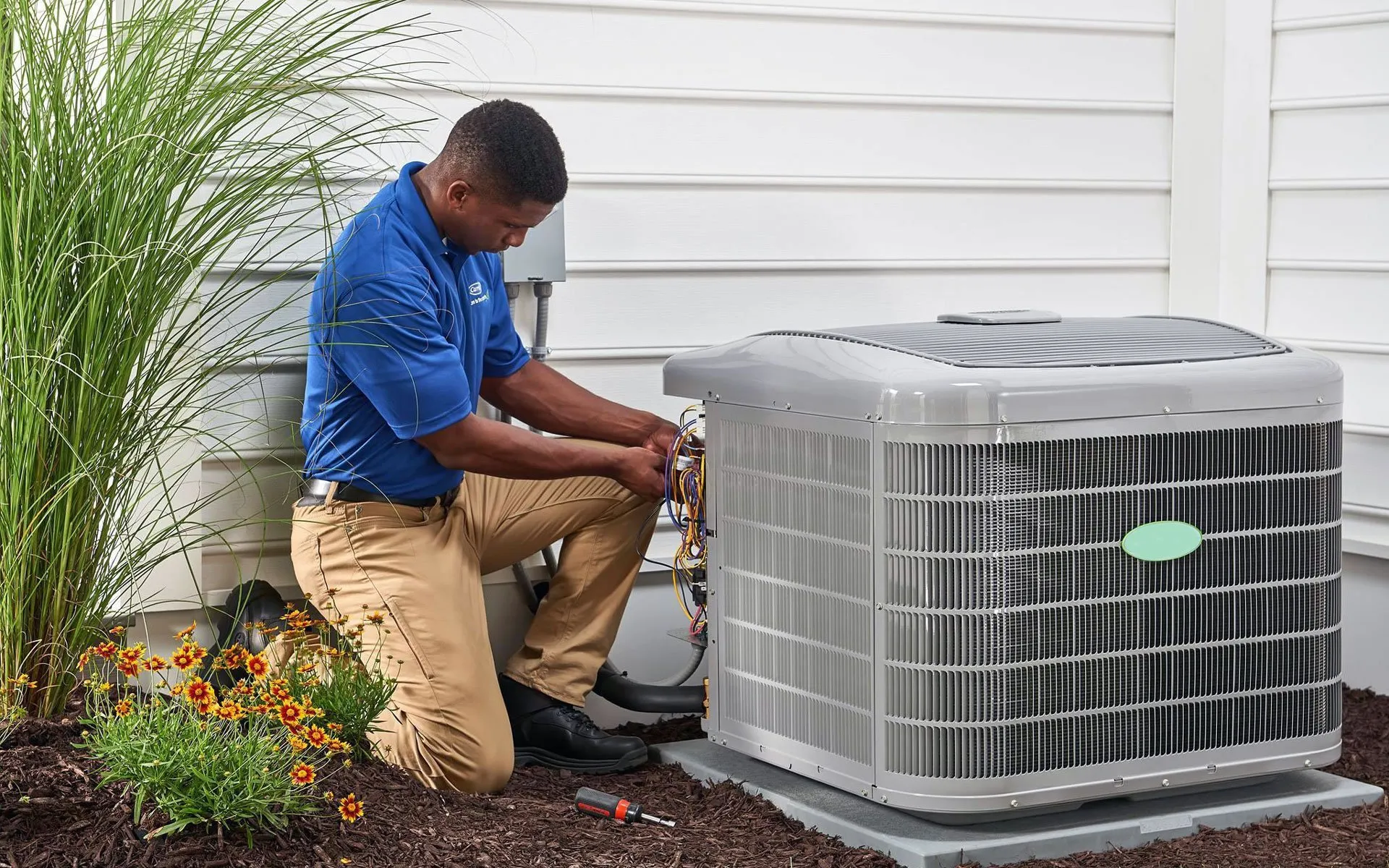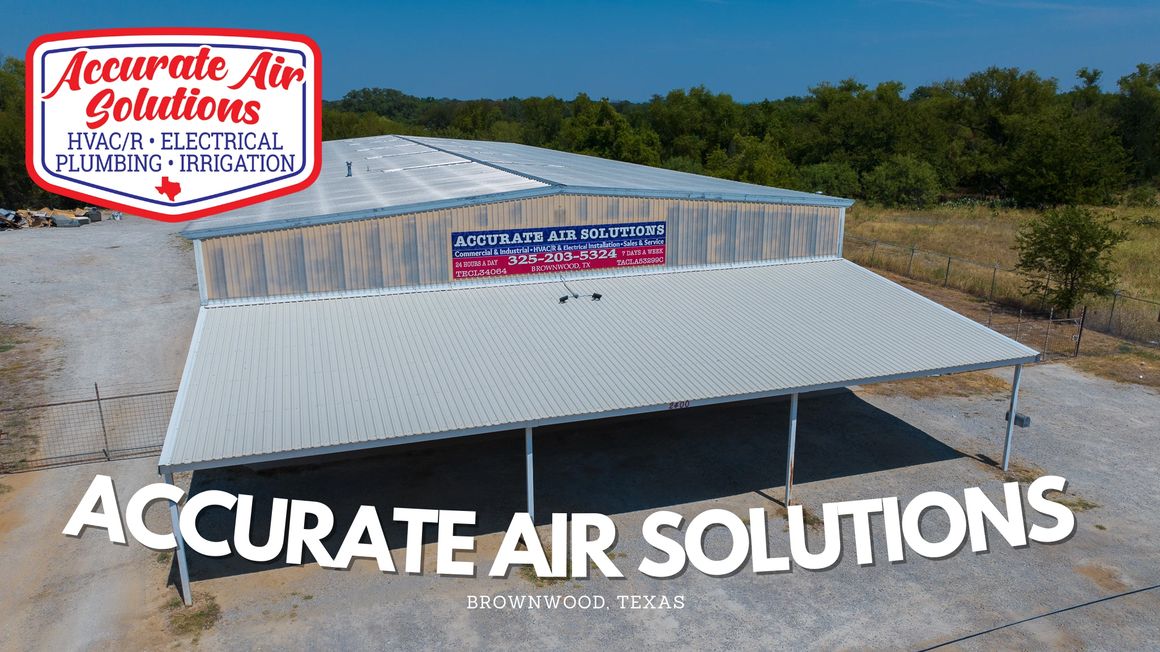The Relevance of A/c Setup: Trick Considerations for a Comfortable Indoor Environment
The setup of a HVAC system is a vital component in accomplishing a comfortable and energy-efficient interior setting. The process entails several nuanced factors to consider that go beyond just selecting a system off the shelf. Factors such as the suitability of the system for certain building demands, proper sizing to prevent inadequacies, and the competence of specialists for a top quality setup play crucial roles. Additionally, the adoption of advanced technologies can substantially boost system efficiency. Recognizing these intricacies is merely the beginning of ensuring optimum indoor comfort. What are the vital components that dictate successful heating and cooling implementation?
Choosing the Right System

When selecting an a/c system, it is important to assess the capability required to successfully warmth or cool down the area without exhausting the system, which can lead to enhanced wear and functional prices. Consulting with a specialist cooling and heating professional can supply important insights into selecting a system that lines up with both the building design and the expected use patterns of the building.
In addition, taking into consideration the assimilation of smart technology can improve system monitoring and tracking, offering higher control and possible price financial savings. By carefully examining these factors, one can guarantee the option of a HVAC system that not only meets prompt requirements however also contributes to long-lasting functional sustainability and passenger convenience.
Understanding Power Effectiveness
Comprehending power performance is important when thinking about an a/c setup, as it directly impacts both the environmental impact and the operational costs of the system. High-efficiency cooling and heating devices are made to make use of much less energy to attain the same degree of comfort as less efficient designs, thereby minimizing energy bills and promoting sustainability. The performance of a cooling and heating system is usually shown by ratings such as SEER (Seasonal Power Efficiency Proportion) for a/c or AFUE (Annual Fuel Use Efficiency) for heaters. Higher ratings indicate higher performance and lowered energy consumption.

Purchasing an energy-efficient a/c system not only translates to cost financial savings yet additionally adds positively to ecological preservation by reducing greenhouse gas emissions. Additionally, many territories use motivations or rebates for the installment of high-efficiency systems, even more improving their financial charm.
When assessing energy effectiveness, think about sophisticated functions such as variable speed electric motors, clever thermostats, and zoning capabilities. straight from the source These technologies enhance the system's ability to get used to differing need, therefore maximizing energy usage. It is crucial to consult with HVAC professionals that can give understandings into the very best choices tailored to details environment problems and use patterns, ensuring optimal effectiveness and comfort.
Significance of Proper Sizing

Conversely, a small a/c system will have a hard time to get to the preferred temperature, especially during extreme weather condition problems. This can cause constant operation, resulting in higher power costs and prospective getting too hot of system elements. Furthermore, inadequate sizing can lead to irregular temperature level distribution, causing specific locations of a building to be also amazing or also warm.
To achieve the appropriate sizing, a detailed load calculation is vital. This entails assessing different variables such as the structure's square video footage, insulation levels, home window kinds, and neighborhood environment conditions. By accurately determining the heating and cooling down requirements of a room, cooling and heating professionals can suggest systems that make sure effective operation, reduced energy usage, and enhanced indoor convenience.

Making Sure Top Quality Installation
A smooth HVAC installment is the keystone of a system's long life and performance. This expert should possess extensive expertise of varied systems and be adept at analyzing the details needs of the building.
Correct installation goes beyond plain positioning of tools. It includes specific calibration to make sure ideal air movement, efficient power consumption, and consistent temperature level distribution. This consists of precise ductwork setup, making sure links are leak-free and protected, which is essential for preserving system performance and interior air high quality.
Additionally, the implementation of advanced diagnostic tools throughout installment can discover prospective issues early, preventing pricey repair services and extending the life-span of the system. The contractor needs to additionally ensure that all components work which the system conforms with local building regulations and guidelines.
Routine Upkeep Practices
Once the foundation for a high-performing cooling and heating system is developed through high quality installment, the focus should shift to routine upkeep practices to guarantee ongoing effectiveness and integrity. Regular maintenance not only expands the life-span of the system yet additionally improves indoor air high quality, decreases energy usage, and stops expensive repairs. Important upkeep tasks include routinely transforming air filters, cleaning evaporator and condenser coils, and examining the system for obstructions or leaks.
This easy job can substantially boost air circulation and system efficiency. In addition, professional specialists must check the system annually, inspecting for cooling agent degrees, electrical links, and general system efficiency.
Interest to ductwork is likewise crucial; sealing and cleaning up air ducts regularly prevents air loss and contamination. Implementing an upkeep routine makes certain that minor concerns are addressed before they escalate, protecting the system's functional integrity. By sticking to these maintenance methods, property owners can maximize their HVAC system's capability and keep a comfy interior setting year-round.
Conclusion
By picking a suitable system customized to details structure requirements, understanding energy effectiveness, and ensuring right sizing, inefficiencies can be reduced. The participation of experienced specialists warranties quality installment, while the integration of advanced modern technologies improves system performance and tracking.
Several types of HVAC systems are offered, including split systems, hybrid systems, duct-free systems, and packaged home heating and air systems, each with distinct advantages national hvac service companies and constraints.
Comprehending power performance is vital when considering a Cooling and heating installation, as it straight influences both the environmental impact and the functional prices of the system. The effectiveness of a Cooling and heating system is typically suggested by rankings such as SEER (Seasonal Power Performance Ratio) for air conditioners or AFUE (Annual Fuel Utilization Effectiveness) for heating systems (Heating Contractor in Brownwood TX).Once the foundation for a high-performing Heating and cooling system is developed with quality installation, the emphasis must move to routine maintenance techniques to guarantee ongoing efficiency and integrity. In addition, expert technicians ought to examine the system annually, examining check my reference for refrigerant levels, electric links, and overall system efficiency